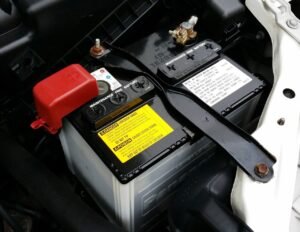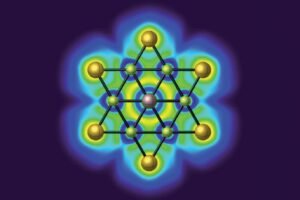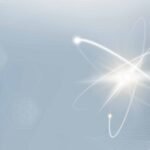What is the purpose of science education, especially in upper primary and secondary school? In the past, a key focus of science education is equipping students with the necessary knowledge if they were to take up a technical job in the future, or pursue further education in the sciences. In many ways, this is still an important focus for science education around the world; in Singapore, industrial application of science is weaved into the syllabus itself, with topics like chemical equilibrium being linked to industrial processes like the Haber Process, and entire topics like practical electricity being focused on science in our daily life.
However, in a world where fake news, misleading statistics and increasingly polar opinions collide with the rise of technology and big data, science education gains another, more urgent, impetus. That is, to enable students to understand the scientific method and the way scientific knowledge is created, revised and updated, to equip them with scientific literacy for the new challenges of the information age.
Very fundamentally, people need to understand that science is not some static textbook repository of knowledge, but is at its very core a dynamic process, one where information is gathered and interpreted through the process of scientific inquiry. Just because one study appears to contradict the results of a previous study doesn’t discredit the scientific method, instead, the differing results could be due to different assumptions, sampling methods, and scope of the two studies. And it makes little sense to say “believe in science” (a common phrase nowadays), when fundamental to the scientific method is being able to question the methods and conclusions of previous study, where no scientist is judged based on a matter of faith but a matter of the rigour and validity of his research.
Unfortunately, many people who graduate from school fail to grasp this understanding of science, where they fall prey to the counter-narratives of either “science is unreliable as its conclusions always changes” or “we have to have unwavering faith in the scientific consensus of today”, both beliefs being equally false and equally dangerous.
Therefore, I believe that the process of scientific inquiry needs to be weaved into science education from an early age. The science syllabus in Singapore does attempt to do this, by introducing ideas such as experimental design and testing out hypotheses in the upper primary science syllabus, as well as questions that test students’ ability to interpret data. However, I think more can be done, such as introducing the history of the concepts now taught as “textbook facts”, how these facts are not static and unchanging articles of faith, but developed over centuries of inquiry and research, as scientists constantly updated their models to better model experimental reality. And what has been considered textbook facts over the decades are far from infallible. The idea of genetic determinism has been upturned by the discovery of epigenetics; both quantum mechanics and general relativity fail to work under certain extreme conditions; the valence bond theory taught in school has been superseded in academic circles by molecular orbital theory.
If we truly believe that a core purpose of education is to prepare students for the world, we have to realise the fact that in a world where science and technology dominates every sphere of our lives, in a world where opinions on politics and society are becoming increasingly polarised, in a world where truthful, untruthful and half-truthful information are readily available to any person, we need students to have more than just an apprehension of scientific facts. Literacy is not just about memorizing words, it is knowing how to use these words. Likewise, scientific literacy is not just about memorizing “facts”, but an understanding of the scientific method, and the dynamic scene of scientific research which has increasing relevance in our lives in this technological age.









